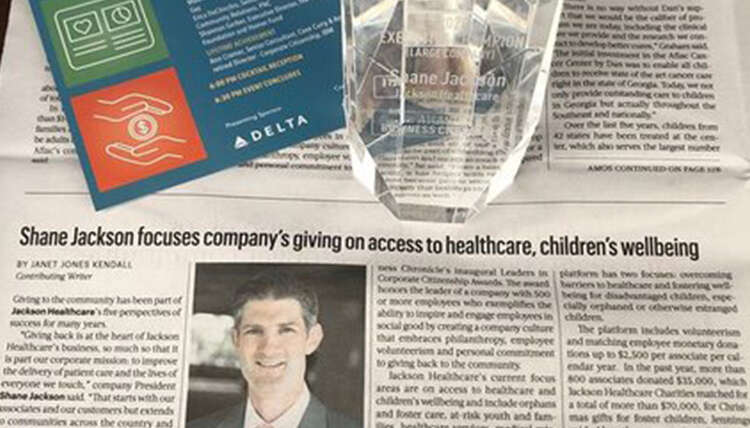This article was originally published by Fast Company.
You might know this person or even be this person: the one who has never met a stranger. The one who remembers not only names and faces, but also the resume of everyone they have ever met. As others hang back in the periphery, the one who jumps right into the middle of a gathering, outgoing and unafraid.
The person who is always asking you if you know other people.
“Do you know Sam? What about Julie? Oh, I definitely need to introduce you to John.”
Meet the Networker. No matter the topic, they know someone who knows something about it. Or works with it. Or invented it.
For those of us who are non-networkers, we are often so glad to meet a networker. Being a non-networker at a conference or at a social mixer in a room full of strangers can be one of the most awkward and stressful environments that exists. We are relieved when someone approaches us and somehow engages us in conversation with ease. And then, without a hint of awkwardness, they introduce us to others who were also standing around unsure of what to do. Suddenly, we have a friend in the midst of strangers.
NETWORKING IS GOOD FOR YOUR CAREER
Having a strong network has clear professional benefits. Knowing who to call for an answer or an introduction can make the difference in closing the sale or avoiding a bad investment. Being a connector who can introduce people to one another can build trust that could yield personal benefit later. But it turns out that having a network isn’t just good for your career. It’s actually good for your health and happiness, too.
RELATIONSHIPS HAVE POSITIVE HEALTH IMPACTS
George Vaillant was the third and longest-serving director of the famous, decades-long Harvard Study of Adult Development that sought to determine what caused people to live healthy and happy lives. In his book, Aging Well, Vaillant explained that while the study revealed several factors that led toward living a healthier and happier life (such as physical activity and abstaining from alcohol abuse), there was one factor that surpassed all the others.
“The key to healthy aging is relationships, relationships, relationships,” Vaillant said.
Perhaps it isn’t much of a surprise that having warm, satisfying relationships greatly impacts our happiness. What is amazing, though, is the impact that relationships have on our health. The Harvard study revealed that the best predictor of someone’s health through the middle and late stages of life isn’t a medical indicator like cholesterol level—it’s how satisfied we are in our relationships.
Good friends help us make better choices. They provide accountability to do the things we need to do to live better. They help us out when we are sick or down. Enjoying the love of our family improves our mental outlook and causes our brain to produce the vital chemicals our bodies need to reduce stress and fight off disease.
You probably don’t need much convincing to invest more time and energy into important relationships. We know intuitively that when we look back, we will wish we had spent more time with the people we love and who love us. We probably won’t regret missing a meeting, but we certainly could regret missing time with our children.
THE MENTAL HEALTH BENEFITS OF A STRONG SOCIAL NETWORK
Surprisingly, though, the relationships impacting our health and well-being go beyond our family and close friends. It turns out that our extended network is important, too.
Casual friends, even acquaintances, can be vitally important in many circumstances. The more people we can access in our wider network, the more likely we are to find someone who has already experienced and learned how to handle a particular challenge we may be facing. Our expanded networks give us access to resources, introductions, information, and ideas that we would miss out on if we were limited to only our close friends. In fact, studies have found a connection between networking and happiness. The more people you have in your network, the happier you are likely to be—especially if those people are happy.
Even for us non-networkers, those of us who dread going to the cocktail mixer at the conference, it is worthwhile to prioritize building our network. It’s not just good for our career, it’s also good for our health. We all need to figure out how to put ourselves in environments that allow for connection and interconnectedness.
Ideally (and maybe more easily), find and connect with the great networkers—the people who have big networks—and leverage the work they have already done and their desire to connect you with others.
Just like getting an education or learning a new skill, building your network is an investment in your future. A time will come when you are going to need someone, or be that person that someone else needs. Just like setting aside time to read or train, put time on your schedule to meet other people.


